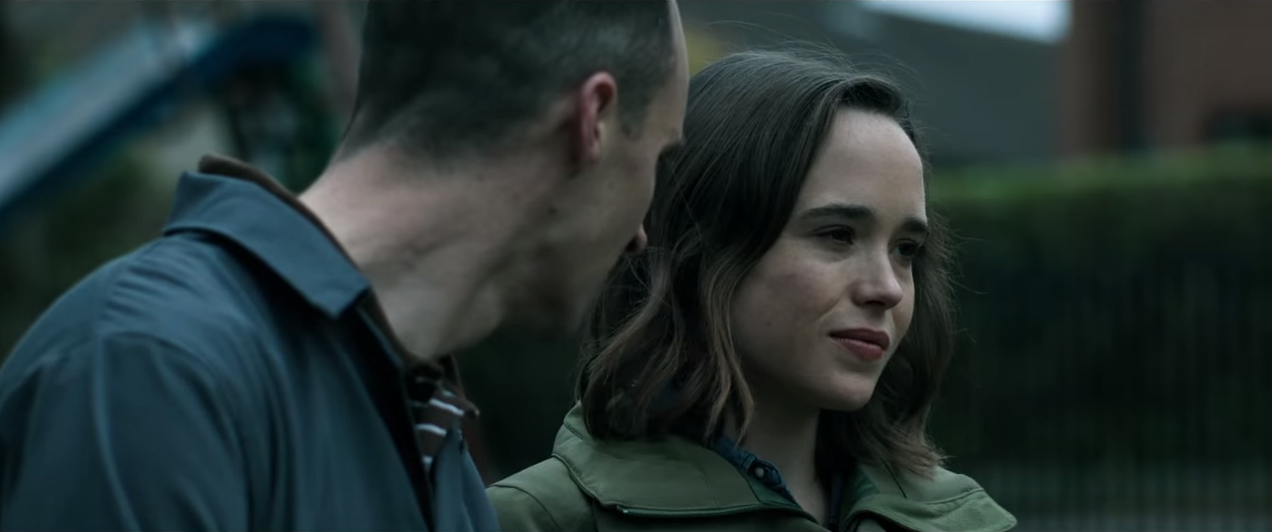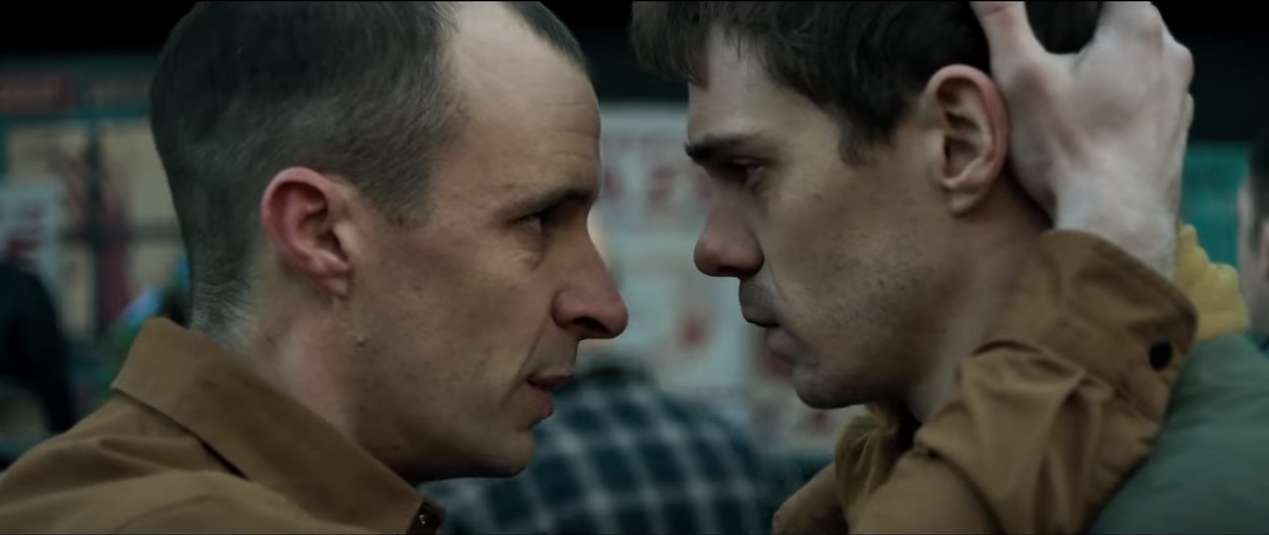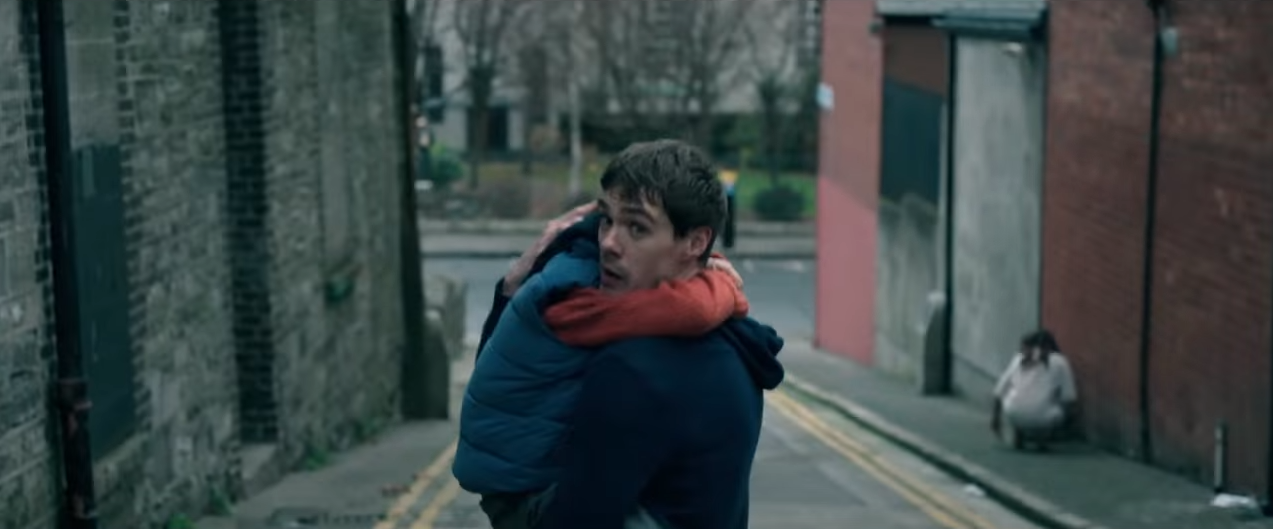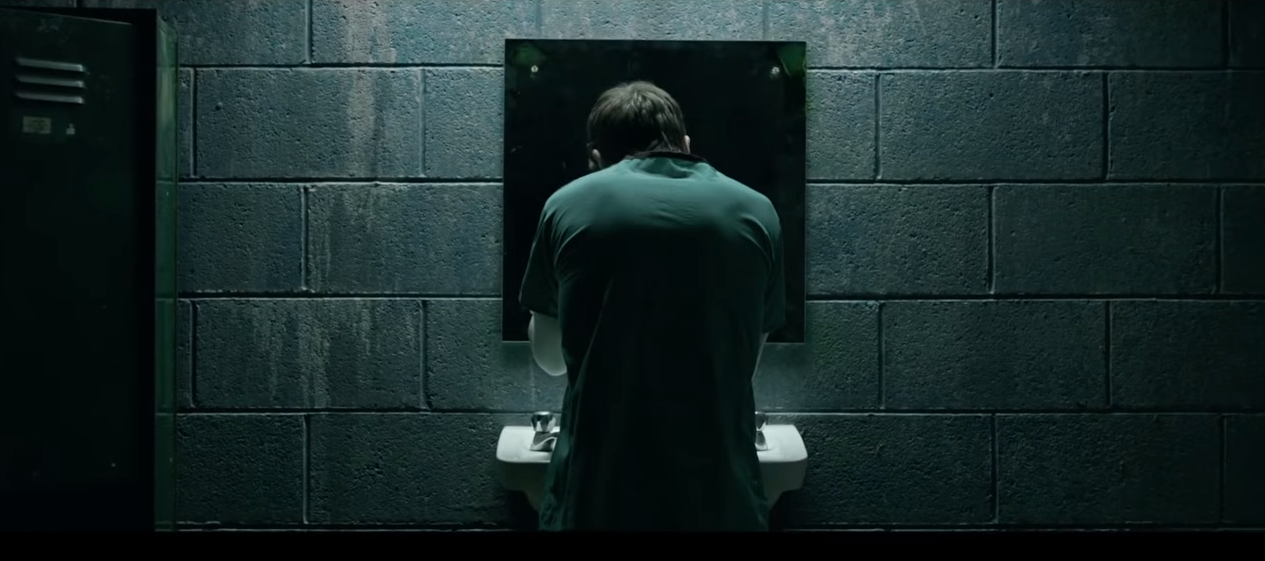Movies about a zombie dystopia are a standard in cinematic fare for the masses. Instead of being a part of horror, they truly have spun off into their own category. The zombie genre has been used as a vehicle to capture many themes, and to express a myriad of philosophical quandaries. The Cured, directed by David Freyne is a great example as it tackles prejudice, societal ignorance, and how a country with a tumultuous history, in this case Ireland, struggles to forge through a catastrophic epidemic.

The Cured centers its tale around Senan a man who was once infected by a disease known as Maze Disease, which turns the infected into cannibalistic killing machines. Through a break-through in medicine, many of the infected can be cured of the disease, while about 25% of them are resistant to the treatment. Senan is one of the lucky majority and when the film begins, he is being released from his treatment center as part of the “third wave” of the cured. Unfortunately for him and his fellow “Cured” he remembers every moment of his time as a crazed, bloodthirsty fiend. Nightmarish images of his vicious behavior haunt him and the knowledge that he brutally killed while under the influence of the illness is an inescapable torment. Adding to the angst and trauma of the Cured is that many people now consider them monsters, unable to reconcile their violent acts with the people they once were and are again. The Cured are hated and feared. Reintegration is met with public prejudice, resistance, and constant harassment.
Senan is welcomed back home by his sister-in-law, Abbie, played by Ellen Page and his young nephew. During his rehabilitation, he bonded closely with a man named Conor. Conor, performed by Tom Vaughan-Lawler was once a prominent leader in the community before Maze ruined his life, and he seems to have kept his penchant for running the show. Their friendship at first seems healthy and supportive, but as the plot unfolds, their relationship and perspectives unravel, leading to the film’s violent climax.

The zombies in The Cured are a little different from those in other movies. While a lot of the similar tropes are respected, such as unhinged violence and cannibalism, these infected carry with them a sense of human suffering and vulnerability. The movie doesn’t allow the audience to forget that the diseased are brothers, mothers, and lovers trapped in the ravages of an unspeakable illness. They have beating hearts and living bodies. A fantastic subplot concerning a doctor who specializes in Maze treatments, and her infected lover really brings this message home. The movie carries a strong undercurrent of heartbreak and empathy when addressing the victims of Maze and This connects the audience with the difficulties that the citizens must face when deciding between forgiveness and tolerance, or fear and disgust. Maze challenges the people of Ireland to face two terrible dilemmas. One is whether they can reconcile their anger and pain against those who have been cured and accept them back as fellow citizens. Secondary, they must also decide on what is to be done with the small population of treatment-resistant infected who pose a huge liability to the public. I found this second dilemma to be the most thought-provoking and gut-wrenching to ponder.

The large-scale devastation of a plague in a divided society provide a strong backdrop for the intimate struggles of the Conor and Senan. It’s a layered story with a lot going on, and my biggest critique is that I felt like they could have delved a bit deeper into Senan’s side of the story. I was curious to learn more about his relationship with his brother and with Abbie. The film takes it for granted that one would assume them to be close, and there is an unexplored intimacy between Senan and his brother’s wife. Senan’s development felt unbalanced as Conor’s character is fully explored with sophisticated nuance. And while he is a pivotal character, he doesn’t anchor the film the way Senan is meant to. Another weak link in the film is how the villain is finally brought down. It’s a not a satisfying conclusion for an interesting and complicated character. Gratefully, the movie pulls through in the end with a poetic finish that fits in nicely with the overall theme.
All the technical aspects of the film are solid. This isn’t a movie that hinges on a lot of special effects, instead, they use clever camera work and to create suspense. Since the zombies aren’t menacing ghouls of undead, just sick people, the make-up isn’t elaborate, nor does it call for heavy gore effects. There is mostly implied violence until later in the film, and the pacing is more of a slow burn with a moderate pay off in zombie action. The strength of the film really comes through in story and as a modern treatise of how fear and bigotry can jeopardize society. Compassion seems to be an exception to the rule in this slice of fictional history and the filmmakers have a powerful lesson to impart, using every tool at their disposal without over-the-top flair. It’s a dry style of storytelling, but effective to be sure.

Pensive, heart-breaking, and profound, I truly enjoyed The Cured. It is a film that connects you to the human price of a zombie-esque epidemic and asks you to ponder how society would deal with the aftermath. Beautifully executed it is a fantastic addition to the celebrated zombie genre with a lot of relevancy to the current state of affair in our world. Add it to your must-sees and let me know what you think!
Thanks for reading,
The Diva Del Mar
